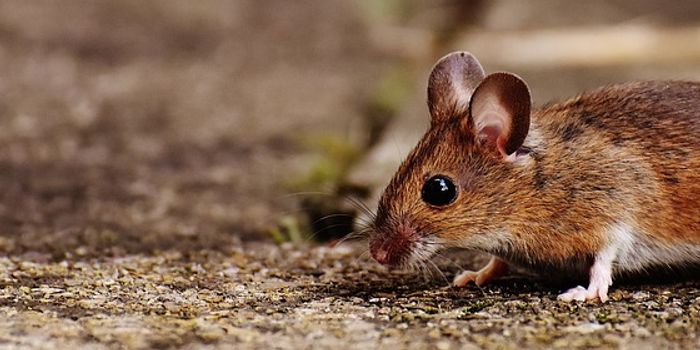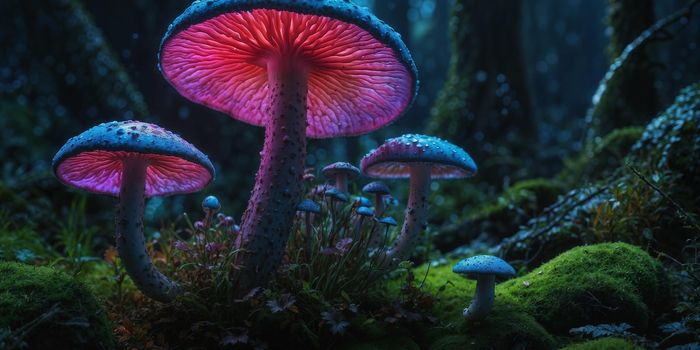The Cuddle Hormone Likely Helps Chimps Band Together During Conflict
When it comes to chimpanzees, it turns out they often have inter-group conflicts, just like humans do. Some of these conflicts might be considered acts of “war,” because they can get quite violent, and sometimes, other chimpanzees stand up for their brethren in an attempt to ensure their survival, just like we do.
Image Credit: Sasint/Pixabay
According to a study published in the journal Proceedings of the National Academy of Sciences (PNAS), researchers appear to have linked the presence of oxytocin (the cuddle hormone) to the scene of extreme intergroup conflicts between chimpanzees. This hormone is responsible for helping with team coordination, maternal instinct, and love among other things.
They did this by taking samples of urine as much as possible while following 10 female and 10 male chimpanzees and then performing a hormonal analysis on those samples. Doing so revealed the presence of the cuddle hormone, which is believed to play a big part in some chimpanzees standing up for one another and banding together to fight off enemies, despite how bleak the fight looks.
“We found high urinary oxytocin levels in hunting and intergroup conflict. Both contexts involve group coordination. The chimpanzees' hormone levels were significantly higher than in contexts without coordinated group activity and were not affected by potential threat or in-group affiliative interactions”, said Liran Samuni, the lead author of the study.
“However, given that intergroup conflict showed significantly higher levels than all other examined events, we concluded that the observed effect is reinforced in the context of in-group out-group perception.”
Since these fights can become very violent (sometimes a fight to the death), it takes a lot of courage to stand up to the enemy. So much, in fact, that most normal minds would simply run away, in-line with the fight or flight response. Nevertheless, the cuddle hormone seems to give them the strength they need to fight to protect their loved ones during these conflicts.
Interestingly, the same is true of humans, showing that chimpanzees have very similar thought patterns to human and react to certain situations in the same way.
After seeing this in another species besides humans, we can now rule this out as a human-only trait. This hormone appears to play a big role in the insanity we sometimes demonstrate to keep loved ones safe.
Source: Phys.org









